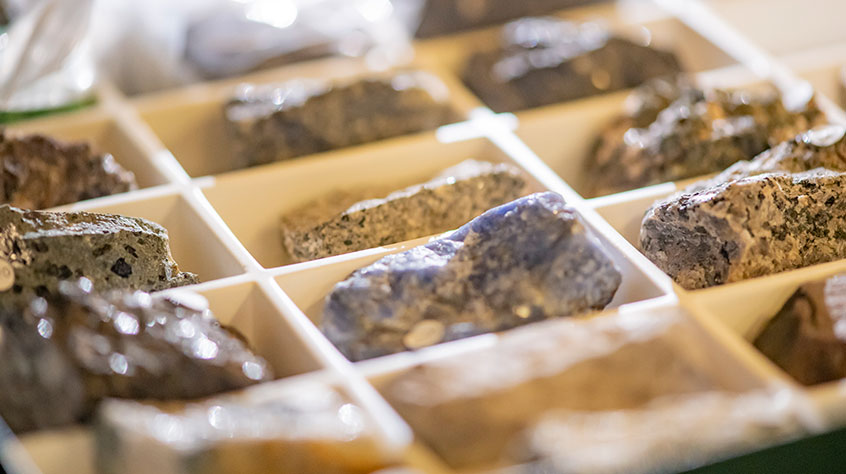£2m study - ethnicity and COVID-19 in healthcare workers
Globally many people, including healthcare workers, are becoming ill and dying from COVID-19. There is evidence that people from ethnic minorities have a higher chance of going to intensive care and dying from COVID-19. This may also be the case for ethnic minorities working in the health system.
UK-REACH aims to investigate this using existing data held by national healthcare organisations to understand what the risk of having, and dying from, COVID-19 is for ethnic minority healthcare works. UK-REACH will calculate the risk of contracting and dying from COVID-19 for ethnic minority healthcare workers, with access to over two million healthcare records held by national healthcare organisations.
Dr Manish Pareek, Associate Clinical Professor in Infectious Diseases, is leading UK-REACH (UK Research Study into Ethnicity And COVID-19 outcomes in Healthcare workers), a study into if, how and why ethnicity affects COVID-19 clinical outcomes in healthcare workers, and the impact of COVID-19 on the physical and mental health of BAME healthcare workers.

This is a unique partnership with major national organisations including the General Medical Council, Nurse and Midwifery Council, General Dental Council, NHS Employers and BAME Professionals’ Associations helping to conduct the research and provide evidence. The findings of the study will be publicised, and recommendations made to better support healthcare workers.
The group of healthcare workers who will form part of the study will include non-clinical staff integral to the day-to-day running of healthcare institutions including cleaners, kitchen staff and porters. It will also follow a group of healthcare workers from BAME backgrounds over 12 months to see what changes occur in their physical and mental health.
The study will also interview a smaller group of healthcare workers to understand the risks of their jobs, and how they may have changed their professional and social behaviours in response to COVID-19.





